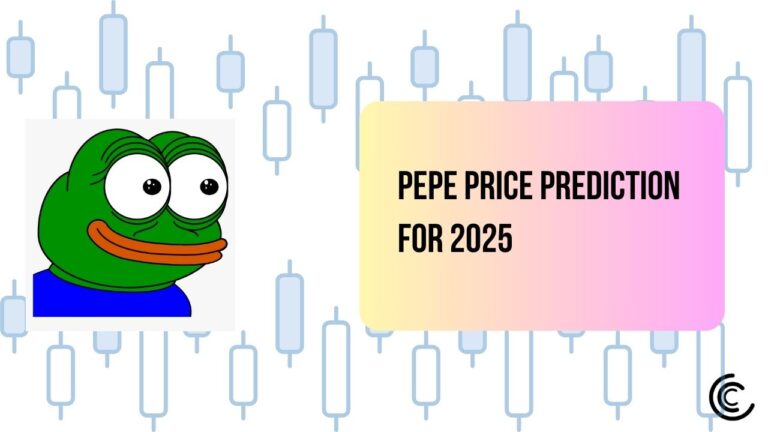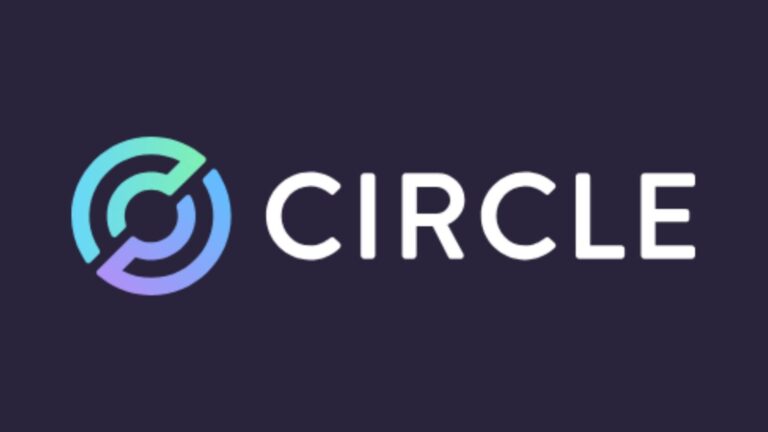Key Takeaways:
- A former Tornado Cash developer states that a new cryptocurrency mixing service is being developed to address a “critical flaw” in the sanctioned crypto mixer.
- On the testnet of layer 2 scaling system Optimism, Privacy Pools, a fork of coin mixer Tornado Cash and open-source research project, was implemented.
The launch of an updated version of the contentious software has been revealed by one of the original developers of popular coin-mixing service Tornado Cash.
Tornado Cash, which was initially Vitalik Buterin’s brainchild, satisfies the need for an Ethereum coin mixer that prioritises anonymity. MolochDAO, a decentralised autonomous entity that grants grants, provided money for the creation of Tornado Cash.
A former Tornado Cash developer says he is building an entirely novel crypto mixing service to address a “serious flaw” in the approved crypto mixer, hoping it will persuade American authorities to change their minds about privacy mixers.
Ameen Soleimani, the mixer’s inventor, published the source code for “Privacy Pools” on GitHub on Mar. 5.
Tornado cash has been involved in a number of controversies due to its nature. To begin, the United States has added Tornado Cash to its list of cyber-related sanctions and then rumours linking the detained Tornado Cash developer to Russia’s FSB.
Although the code is still in its early phases and has not yet been audited, the newly-named Privacy Pools’ new version, V0, has now gone live. This could be one of the biggest privacy comebacks of 2023.
Tornado Cash and Privacy Pools both enable users to conduct anonymous transactions, but Privacy Pools distinguishes itself from Tornado Cash by using zero-knowledge proofs to demonstrate that the funds involved in the anonymous transactions are not related to illegal behaviour.
Soleimani wants to see the protocol advance by allowing on-chain forensics platforms like Chainlaysis and TRM Labs to perform tracebacks on deposits. This will spare users of the privacy tool from having to manually build their own subset exclusion lists.
The number of sets that hackers and other bad actors can use decreases as more people decide not to use anonymity sets that hold funds that have been stolen or laundered. As a result, users have the choice to “assist regulators in isolating funds, without disclosing their full transaction information,” according to Soleimani.










